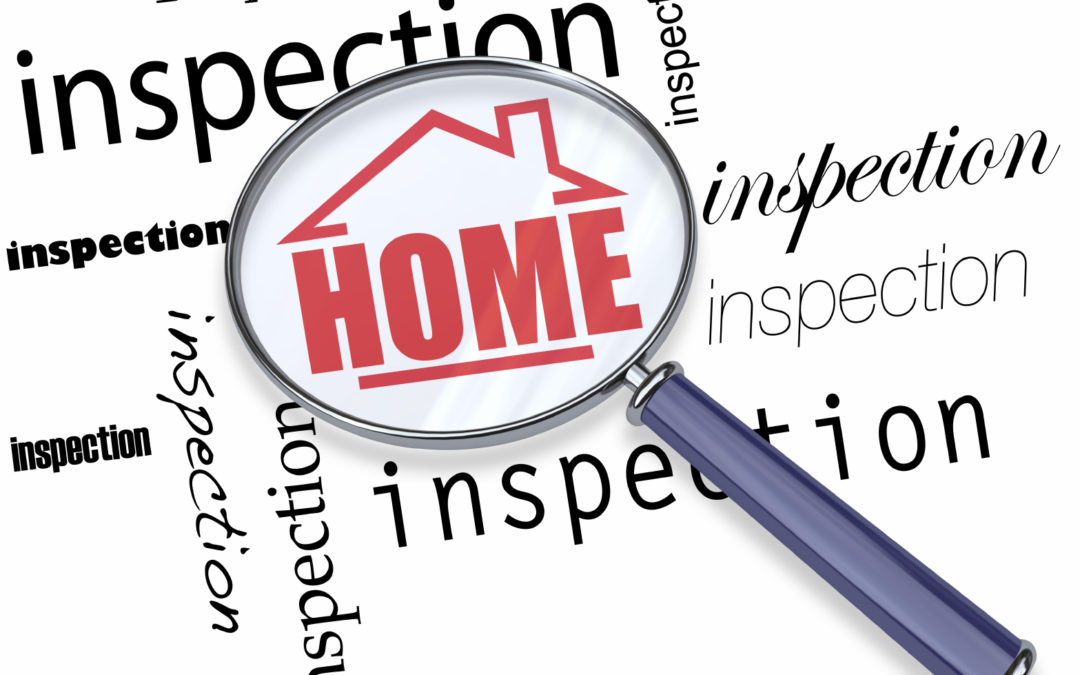Building Inspection Reports: Strategies for Negotiating Repairs

Buying a home is an exciting and significant investment, especially in a thriving real estate market like Perth. However, the thrill of finding the perfect property can quickly turn into a complex negotiation process, particularly when building inspection reports reveal potential issues. Navigating the negotiation phase requires a strategic approach, understanding the local market, and leveraging the information provided in the building inspection report. We’ll explore effective strategies for negotiating repairs based on building inspection reports in the Perth real estate market.
Understanding the Importance of Building Inspection Reports in Perth:
Before delving into negotiation strategies, it’s crucial to emphasise the significance of building inspection reports. Perth’s climate, soil conditions, and unique architectural features can contribute to specific challenges that may not be apparent to the untrained eye. A comprehensive building inspection provides buyers with a detailed assessment of the property’s structural integrity, identifying potential issues such as termite damage, plumbing issues, roofing concerns, and more.
Prioritise and Assess Repair Needs:
The first step in negotiating repairs based on a building inspection report is to prioritise and assess the identified issues. Not all problems are of equal significance, and some may require immediate attention, while others can be addressed over time. Work closely with your building inspector to understand the severity of each concern and categorise them into must-fix, negotiable, and long-term improvement categories.
For instance, issues related to the structural integrity of the property, electrical problems, or water damage may be considered non-negotiable and should be prioritised during negotiations. Cosmetic issues or minor repairs, on the other hand, may be suitable for compromise.
Obtain Cost Estimates:
Once the issues are identified and categorised, obtaining cost estimates for repairs is the crucial next step. Engage with qualified contractors or specialists around Perth who can provide accurate assessments of the repair costs. Armed with this information, you’ll be better equipped to negotiate with the seller. Having specific figures in hand adds transparency to the negotiation process and helps in avoiding misunderstandings.
Leverage Market Conditions:
Understanding the current market conditions in Perth is pivotal in negotiation. If the real estate market is competitive with high demand and limited supply, sellers may be less inclined to make extensive repairs, as they might have multiple offers on the table. Conversely, in a buyer’s market, where properties may be lingering on the market, sellers may be more motivated to address repair concerns to close the deal.
Use this information to your advantage during negotiations. If the market favours buyers, you may have more leverage to request repairs or negotiate on the property price to accommodate the necessary fixes.
Collaborate with Real Estate Professionals:
Enlisting the help of experienced real estate professionals, such as your buyer’s agent or a property lawyer, can significantly enhance your negotiation strategy. These professionals have in-depth knowledge of the Perth real estate market, local regulations, and common negotiation practices. They can offer guidance on which repairs are reasonable to request and how to present your case effectively to the seller.
Real estate professionals can also act as intermediaries, facilitating communication between both parties and ensuring a smoother negotiation process. Their expertise can be particularly valuable when navigating complex issues that require nuanced negotiation skills.
Focus on Safety and Compliance:
When negotiating repairs, it’s crucial to identify issues related to safety and compliance. Structural concerns, electrical problems, and plumbing issues that pose safety risks or violate building codes are typically non-negotiable and must be addressed by the seller.
Highlighting these concerns underscores the importance of resolving them promptly and ensures that the property meets all necessary safety standards. Sellers are more likely to prioritise repairs that impact the property’s safety and compliance.
Offer Flexibility in Negotiations:
Negotiations are a two-way street, and offering flexibility can contribute to a more amicable resolution. Instead of demanding that all repairs be completed before the sale, consider alternative solutions such as a repair credit, where the seller contributes a specified amount towards the repairs, or negotiating a reduction in the sale price to accommodate the necessary fixes.
Flexibility in negotiations can foster a collaborative atmosphere, increasing the likelihood of reaching an agreement that satisfies both parties.
Consider the Long-Term Value:
When negotiating repairs based on building inspection reports, it’s essential to consider the long-term value of the property. While certain repairs may seem minor, addressing them early on can prevent more significant issues from arising in the future. Emphasise the long-term benefits of specific repairs and how they contribute to the overall value and longevity of the property.
By highlighting the investment aspect of repairs, you present a compelling case for the seller to address the issues proactively, potentially leading to a more favourable negotiation outcome.
Negotiating repairs based on building inspection reports in the Perth real estate market requires a strategic and informed approach. By understanding the importance of building inspection reports, prioritising repair needs, obtaining cost estimates, leveraging market conditions, collaborating with real estate professionals, focusing on safety and compliance, offering flexibility, and considering the long-term value, buyers can navigate negotiations successfully. Ultimately, effective communication and a willingness to find mutually beneficial solutions are key to reaching an agreement that satisfies both parties and ensures the property’s integrity for years to come.


